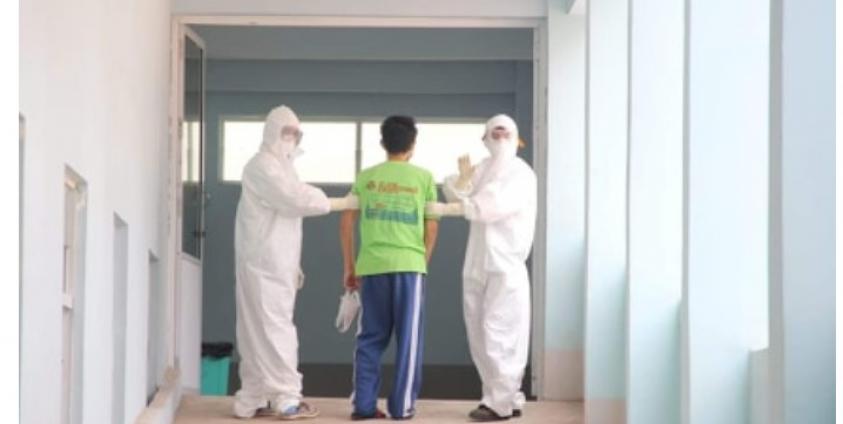NANG SENG NOM — A man from Hsipaw, northern Shan State, is receiving medical treatment in the town’s public hospital for what may be an infection of Covid-19, also known as the coronavirus.
The patient had been working in Huizhou city in Guangdong Province in China, the country at the epicenter of the coronavirus pandemic, with more than 80,000 infections. He returned to Burma on March 16, with a high fever. He took an express bus from the Chinese border to Hsipaw on the same day.
Neighbors contacted medical staff about his symptoms, who brought him to the hospital.
“We are doing medical tests. We have placed him a separate room,” Dr. Nanda Win, the director of the Hsipaw public hospital, told SHAN.
He is among an estimated 10 patients currently quarantined in Burma as they wait for test results, according to government statistics.
Relatives of the patient, as well as the motorbike taxi driver who reached out to doctors about the man’s condition have been asked to stay quarantined in their homes until the results of the blood test are known, because they had contact with the patient.
Dr. Nanda Win recommended that people continue to contact the health department regarding illnesses that could be coronavirus, to help curb the spread of the sickness.
While more than 161,000 people in 156 countries around the world have been infected with Covid-19, a viral respiratory infection that risks becoming pneumatic, Burma is among the only countries that have no confirmed cases—a phenomenon confirmed by State Counsellor Aung San Suu Kyi.
This week, Burmese government spokesperson Zaw Htay attributed this anomaly to people’s “diet and lifestyle” in the country. It is a claim that international health professionals and human rights activists have rejected, instead pointing to an underdeveloped and inaccessible healthcare system that lacks the capacity to test those who are sick.







